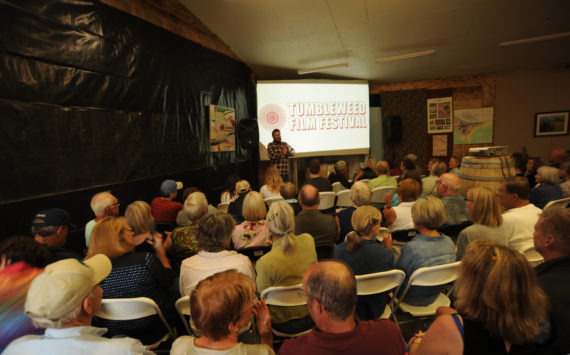I really enjoyed reading Ryan Frazier’s opinion piece “An apple a day keeps the condos away.” In his article Ryan brings up issues facing many communities all across America. From the domestic furniture industry in the Carolinas, to auto manufacturers in Detroit, to food producers out west, the story is the same; America is changing rapidly and many millions are facing radical alterations to their way of life.
Unfortunately, if you believe in free market capitalism and minimal government involvement in our economy, the forces of capital (money) will sort things out and drive out inefficiencies. In other words, a buck will be made where it makes sense, and not made where it doesn’t. What this means at its most basic, is that if land is more valuable for condos than apple orchards, a conversion will occur, and you will see condos.
The alternative to free market capitalism is government regulation. With government regulation, the forces of the free market are often slowed down or stopped by things like quality of life issues and what is termed “the greater public good.”
Most of us (myself included) believe the right balance is somewhere in between freewheeling unregulated capitalism and an economy that is planned and closely regulated by government bureaucrats.
The real issue to me is that people have to decide one way or another. For example, it makes no sense to talk about being a believer is capitalism and small government and then complain about ugly condo developments or the importation of food from China. Neither would occur if it didn’t make sense at some economic level. Humans are funny like that. A conservative rancher that hates big government, unions and “welfare mothers” on the one hand will take money from the farm bill on the other.
Of course, the same inconsistencies occur from the other side. When a Detroit auto worker and union member that wants his job protected against Japanese imports (Read: Tariffs on foreign cars) buys cheap toys made in China at Wal-Mart, he’s guilty of the same inconsistency in reverse.
Bottom line: You have to find balance, and that’s a difficult thing with so many conflicting ideologies and issues. As I stated above, I’m a believer in capitalism. However, I also think that the way things are being allowed to run these days on a macro level leans a little to far in the direction of the free market with too little emphasis on “quality of life.” The free market is a good thing for some (rich people and capitalists), but often leaves others out in the dark (union jobs, the middle class, farmers).
So at the end of the day, for a community like Oroville, it comes down to a lot of complex choices: Do you demand tougher regulations on building and development (And therefore support dreaded government regulation)? Do you shop at Prince’s and forgo Wal-Mart even if the prices are slightly higher because you want to support local business (And at the same time act in a way that is counter to free market capitalism)? Does the community band together and boycott foreign grown fruit and only buy locally grown crops (And thereby act like an ultra-liberal town in California that bans fast food chains and actively promotes locally grown environmentally-friendly, organic crops)?
There is no easy answer because humans seem to me to be inconsistent by nature. (“Do as I say, not as I do”).
My final thought is this: At the local level communities have to sort these things out for themselves. At the national level, the only way we Americans will ever see meaningful change and a movement toward “the greater good” (if that’s what you want to see) is enacting laws that ban lobbying and the influence of special interest groups. If you end the power of money over politicians, you will at least get them thinking about the people that vote for them instead of the corporations that pay for their election campaigns!
Greg James
Mercer Island






